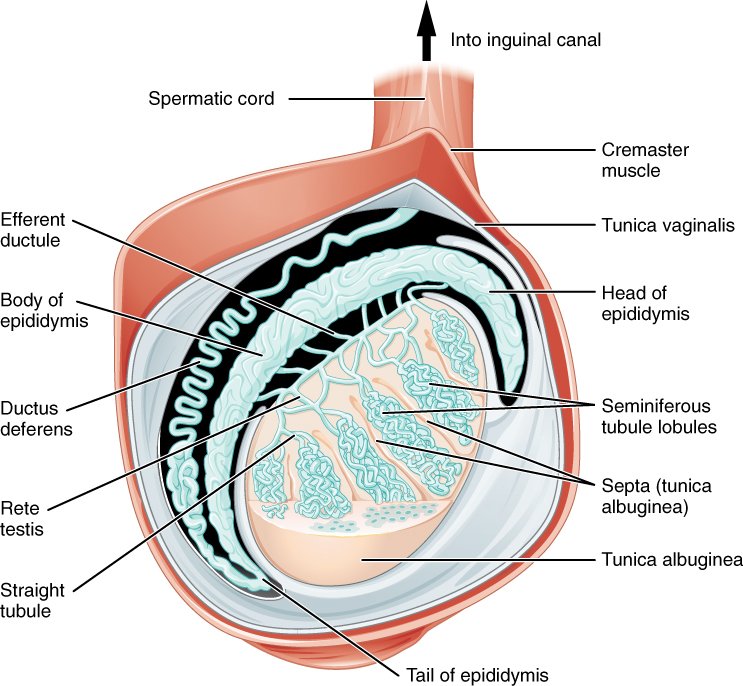Benefits, Risks, and Considerations with Testosterone Supplementation
In recent times, there has been a growing trend of people, including younger men and athletes, turning to testosterone supplementation for various reasons. I remember back then in school, some boy wanted to have beards compulsary and would put methylated spirit on their chin. Till date, I still wonder where that theory came from, but trust me, it is false. If it were true, then we should all have beards on our body by now, because we all use rubbing spirit on wounds, or even before injections. We would touch beards and hair along the line, as we discuss testosterone.
Testosterone, a hormone in the body, plays a vital role in numerous physiological functions, including the development of masculine characteristics, maintenance of bone density, muscle strength, and sex drive. However, it is crucial to understand the complexities of testosterone supplementation, the reasons behind its usage, and the potential risks involved.
First, it is essential to recognize that testosterone is not a sweet treat like M & M's candy but a hormone in the body. Hormones are chemical substances released through the bloodstream, binding to receptors on or within cells to carry out specific actions. These chemicals are produced by endocrine glands in the body, including the pituitary gland, thyroid gland, pineal gland, and the gonads (testes for testosterone and ovaries for estrogen).
In the human body, there are two main types of hormones: protein hormones and steroid hormones. Testosterone falls under the category of steroid hormones. While protein hormones are composed of amino acids and bind to receptors outside cells, steroid hormones have the unique ability to pass through the lipid bilayer and enter cells to stimulate their functions.
Contrary to popular belief, the determination of biological sex does not occur immediately after conception. Before six weeks of fetal development, male fetuses do not possess visible testes. Instead, sex determination is influenced by the combination of X and Y chromosomes contributed by the parents. A Y chromosome from the father results in male characteristics, while an X chromosome leads to female characteristics. This is the reason why males have an XY chromosome pattern, while females have an XX pattern, just like the fictional characters Kyle XY and Janet XX.

Wikimedia.com
Before 6 weeks, the development of the child is controlled by the X chromosome but around the six-week mark of fetal development, the presence of the Y chromosome causes the SRY gene to encode the SRY protein, initiating changes in the fetal gonads. The pre-ovary transforms into testes, the labia develops into a scrotum, and the clitoris grows to become a penis.
During puberty, the pituitary gland releases the hormone Gonadotropin-Releasing Hormone (GnRH), stimulating the testes to produce testosterone. Prior to puberty, the levels of GnRH are low, but at this stage, they increase, leading to the growth of the testes and the subsequent rise in testosterone production. The surge in testosterone triggers the development of secondary sexual characteristics in males, such as a deeper voice, body hair growth, and the production of sperm.
The testes continue to produce testosterone beyond puberty for the maintenance of bone density, muscle strength, sex drive, and fat distribution. When there is high testosterone in the body, the pituitary gland is signaled to decrease the GnRH hormone which then reduces the amount of testosterone in the body.
One of the primary reasons for testosterone supplementation is to treat a condition known as hypogonadism, or Testosterone Deficiency Syndrome. This condition is more common in aging men, wherein testosterone levels gradually decrease over time. This decrease in testosterone may result in symptoms such as fatigue, reduced sex drive, erectile dysfunction, mood swings, and decreased facial and body hair growth.
It is estimated that approximately 20% of men over 60 years, 30% of men over 70 years, and 50% of men over 80 years may experience hypogonadism. Testosterone supplementation is often prescribed to alleviate these symptoms and improve overall well-being, but then a lot of people take testosterone supplement. Some are attributed to papers, magazines, and videos advertising that taking testosterone even when the levels are normal, help to have a better life, increase bone density, improve sexual function, and so on but using testosterone without any problem can come with serious risk.
While testosterone supplementation may provide benefits for individuals with diagnosed hypogonadism, its usage without a medical necessity can be accompanied by serious risks. Some studies have suggested a potential link between testosterone supplementation and an increased risk of heart disease. Moreover, testosterone may increase the hematocrit level, causing blood to become thicker, which can be harmful to cardiovascular health.
The association between testosterone supplementation and prostate cancer remains a subject of debate. Some studies suggest that testosterone may stimulate the prostate gland and potentially lead to prostate cancer, while others present conflicting findings.
Testosterone supplementation can be beneficial for individuals with diagnosed hypogonadism, offering relief from symptoms and enhancing overall quality of life. However, Using these supplements without visiting the hospital or having a proper test can be dangerous. It is advisable to seek professional medical advice before taking Testosterone supplements.
Further Reading
https://www.ncbi.nlm.nih.gov/pmc/articles/PMC3897047/
https://www.ncbi.nlm.nih.gov/pmc/articles/PMC6920068/
https://www.ncbi.nlm.nih.gov/pmc/articles/PMC5870326/
https://www.ncbi.nlm.nih.gov/books/NBK557763/
https://jamanetwork.com/journals/jama/fullarticle/1764051
https://www.ncbi.nlm.nih.gov/pmc/articles/PMC5512682/
https://www.ncbi.nlm.nih.gov/pmc/articles/PMC4022090/
https://www.ncbi.nlm.nih.gov/pmc/articles/PMC5647167/
https://www.ncbi.nlm.nih.gov/books/NBK526128/
https://www.ncbi.nlm.nih.gov/books/NBK222286/
https://www.ncbi.nlm.nih.gov/pmc/articles/PMC4647137/
https://training.seer.cancer.gov/anatomy/endocrine/hormones.html
https://www.ncbi.nlm.nih.gov/pmc/articles/PMC3424887/
https://www.tandfonline.com/doi/full/10.1080/13685538.2018.1524456

Thanks for your contribution to the STEMsocial community. Feel free to join us on discord to get to know the rest of us!
Please consider delegating to the @stemsocial account (85% of the curation rewards are returned).
Thanks for including @stemsocial as a beneficiary, which gives you stronger support.